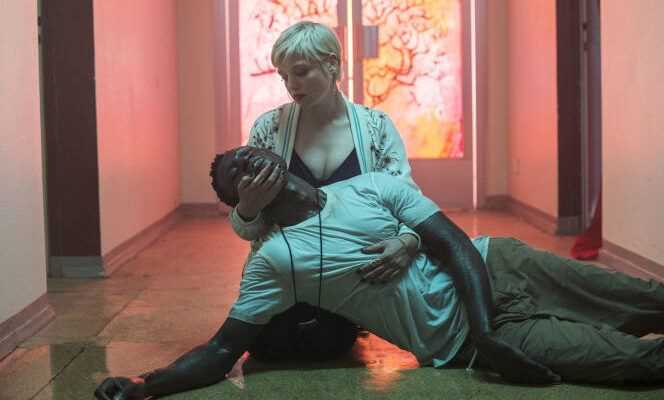THE OPINION OF THE “WORLD” – MUST SEE
It would probably be unproductive to compare this new adaptation of the novel (1929) by Alfred Döblin (1878-1957) with that of Rainer Werner Fassbinder (1945-1982), a harsh and dense series in fourteen episodes shot for television in 1980 The ambition of Burhan Qurbani translates into something quite different from that of the author of the film The Right of the Strongest (1975).
It is a question here of modernizing a story, by situating it in contemporary Germany and of metamorphosing it into a myth, not without resorting to a series of formal effects which are sometimes a little too conspicuous but very quickly absorbed by the tragic force of the course. of the main character. Francis (played by Welket Bungué), immigrant from Guinea-Bissau, tries to escape the miserable fate of his companions in misfortune by allying with a dubious character, Reinhold (Albrecht Schuch), who will drag him into the drug traffic.
Reinhold is a toxic Mephistopheles who will at the same time propel the hero by offering him a possible decent social life to end up destroying any future for him. This Faustian pact, made possible by the ambiguity of the feelings that unite the two men, takes the form of an infernal spiral, a veritable descent into hell, punctuated by increasingly sordid stations. Francis’ fate is defined by a fairly virtuoso sense of storytelling and a manner of elegantly painting a portrait of a Europe that is both Eldorado and nightmare for those who no longer have an identity.
German and Dutch film by Burhan Qurnabi. With Welket Bungé, Jella Haase, Albrecht Schuch (3:03).
